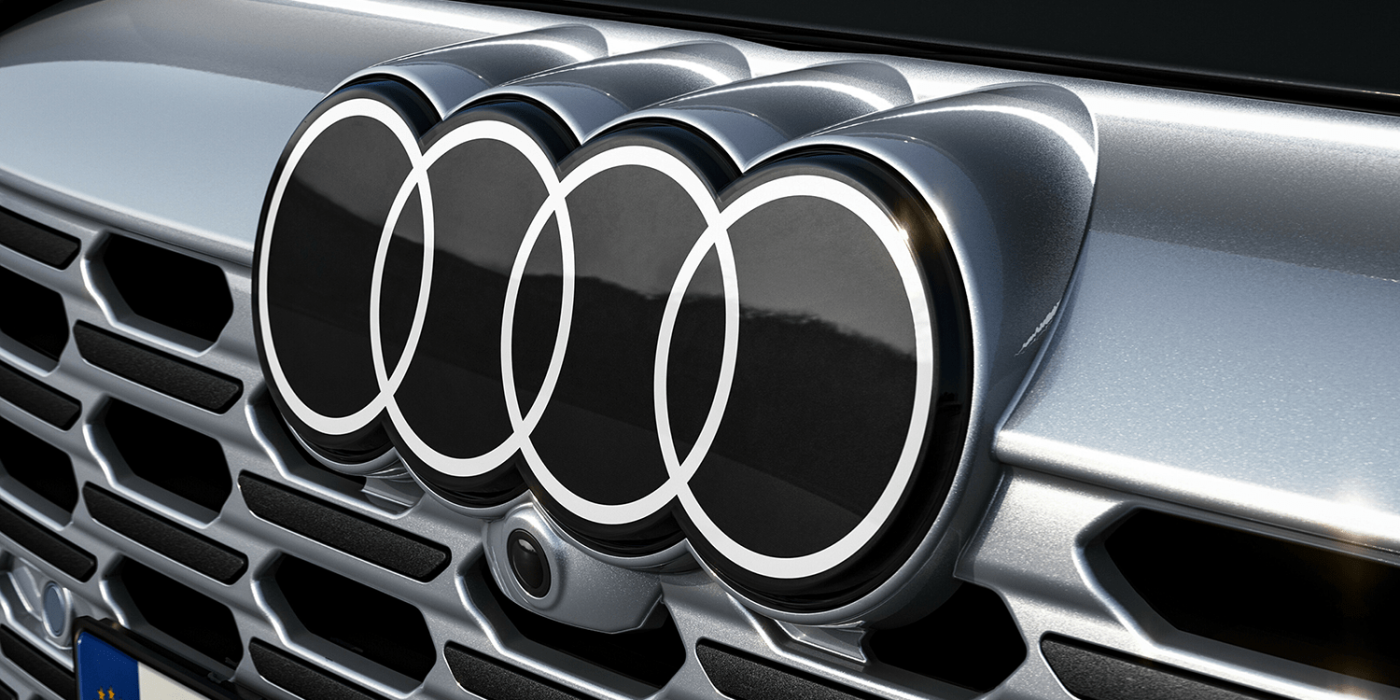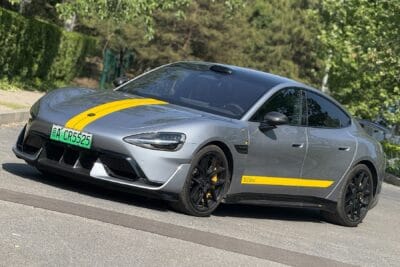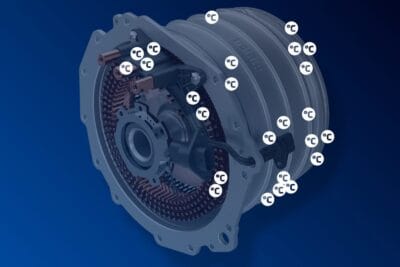German carmakers struggle with PHEVs in China
Audi will no longer offer plug-in hybrids in China and will concentrate on purely electric vehicles there. The reason is that business there is no longer profitable. And in Germany, the PHEV market also slumped after subsidies expired at the beginning of the year.
“We are leaving the market for plug-in hybrids to domestic manufacturers,” a spokesperson for the Volkswagen subsidiary told Handelsblatt. Plug-in hybrids will continue to be subsidised in China, but only with all-electric ranges of at least 100 kilometres. With few exceptions, German manufacturers’ PHEV models are unable to meet those criteria.
The combined market shares of German companies in PHEVs in China have declined from 34 to seven per cent. Chinese manufacturers account for three-quarters of PHEV registrations. Yet plug-in hybrid sales are flourishing there and increased almost six-fold since 2020 to 1.3 million vehicles. The market leader is the Chinese manufacturer BYD.
German manufacturers, on the other hand, hardly play a role anymore. VW’s market share is 2.8 per cent. Two years earlier, it was still almost 17 per cent. BMW lost more than ten percentage points within a few months, and Audi is currently on the verge of invisibility with a market share of 0.2 per cent. Mercedes claims 2.2 per cent of the total market.
This is not due to the lack of models. Unlike with purely electric drives, German carmakers offer a range of plug-in models, ranging from the compact class to luxury sedans.
According to Handelsblatt, the automakers’ prices could be the deciding factor. “For example, the L9, a premium SUV from Chinese automaker Li Auto with an electric range of up to 215 kilometres, costs the equivalent of about €61,000. By contrast, the competing GLE and X5 models from Mercedes and BMW only start at prices of over €107,000 and also offer significantly less electric range,” the German newspaper writes.
Even in Germany, the manufacturer can’t get rid of their hybrid-electric vehicles. That was to be expected since the German government eliminated subsidies for PHEV models at the beginning of the year. Previously, these were subsidised with €6,750.
In the first quarter, only 37,500 part-time electric vehicles were sold in Germany. This represents a drop of 45 per cent compared to the previous year.
handelsblatt.com (in German)





1 Comment